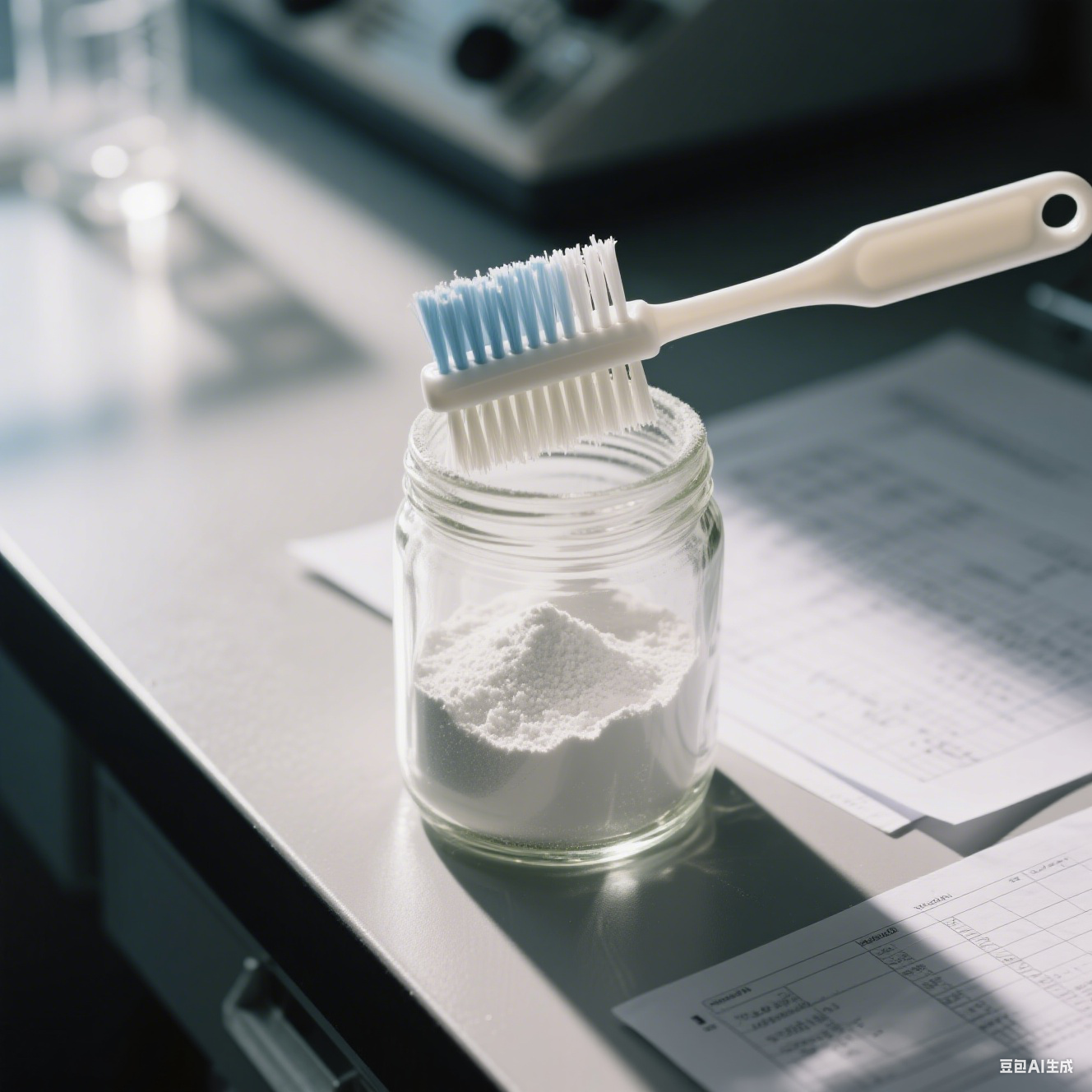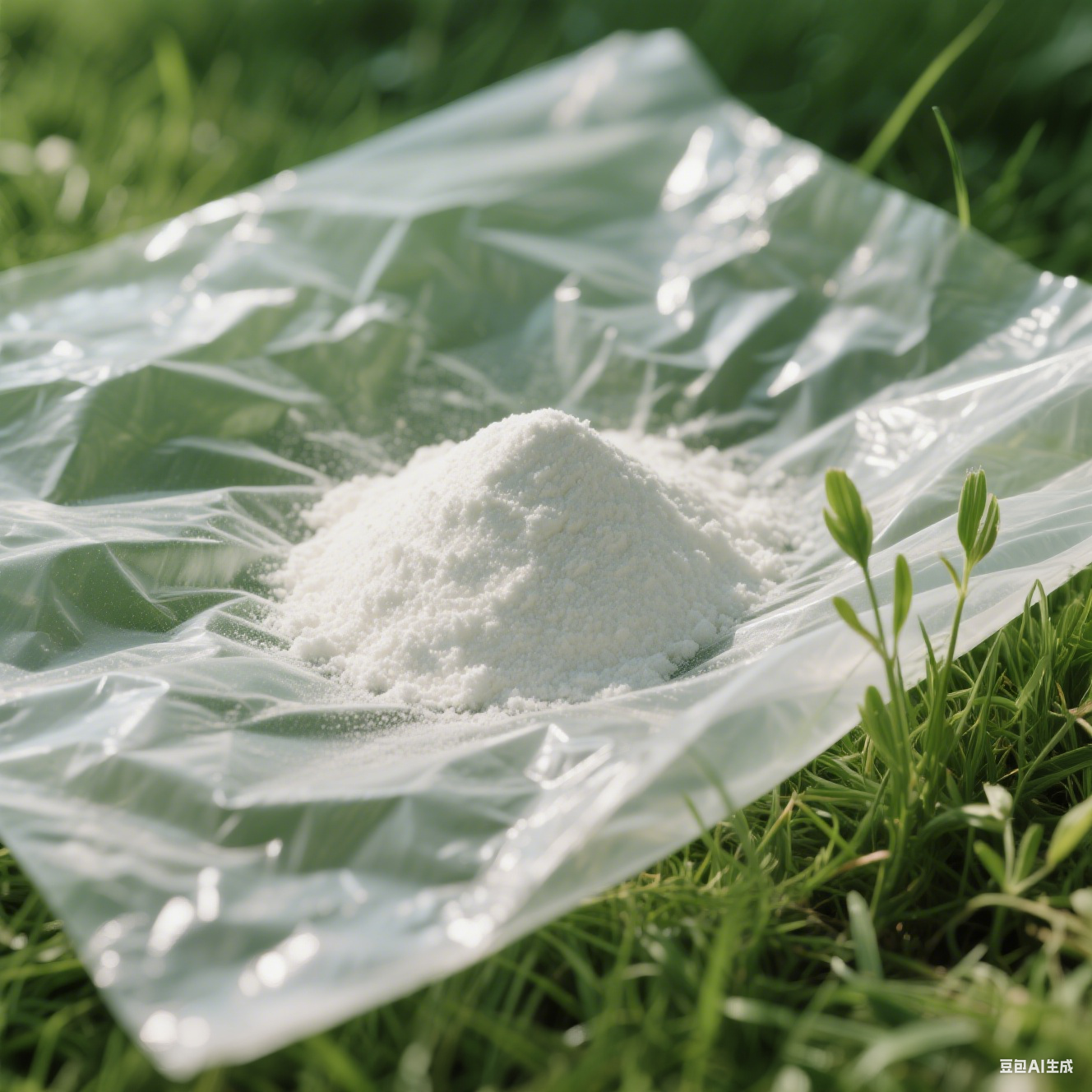using lactic acid
Lactic acid is a versatile organic compound that plays a crucial role in various industries and applications. This naturally occurring acid is produced through fermentation processes and serves multiple functions across different sectors. In the food industry, lactic acid acts as a preservative, flavor enhancer, and pH regulator, contributing to both product safety and taste quality. Its antimicrobial properties make it an effective preservative in food products, helping to extend shelf life while maintaining natural characteristics. In skincare and cosmetics, lactic acid functions as an alpha-hydroxy acid (AHA), providing gentle exfoliation and promoting cell turnover. It helps improve skin texture, reduce the appearance of fine lines, and enhance overall skin hydration. The compound's versatility extends to industrial applications, where it serves as a raw material for biodegradable plastics production and green solvents. In the pharmaceutical sector, lactic acid is utilized in various formulations and as a building block for drug delivery systems. Its natural origin and biodegradability make it an environmentally friendly choice for sustainable manufacturing processes. The technological applications of lactic acid continue to expand, particularly in the development of eco-friendly materials and sustainable chemical processes.


